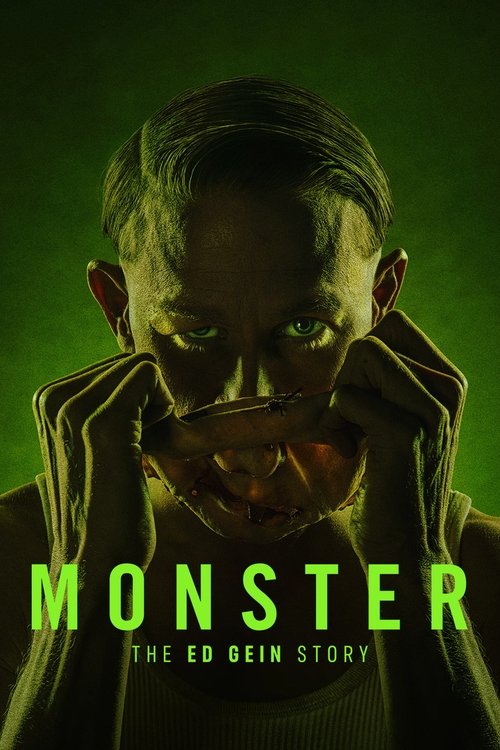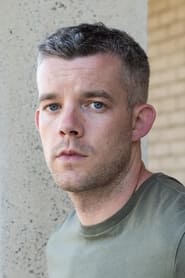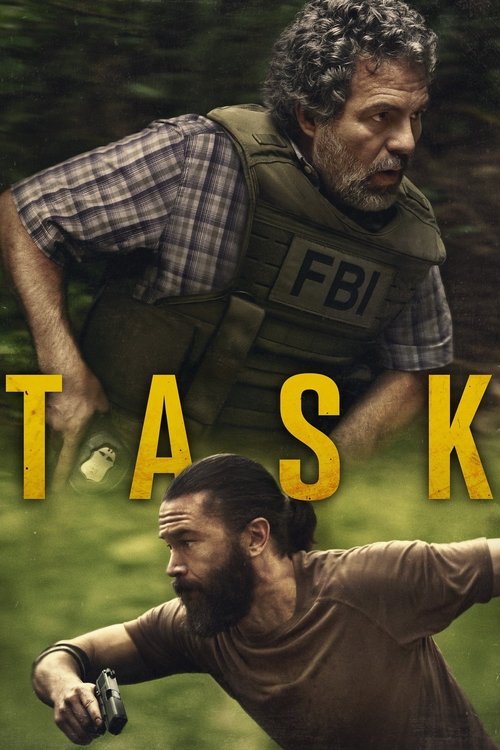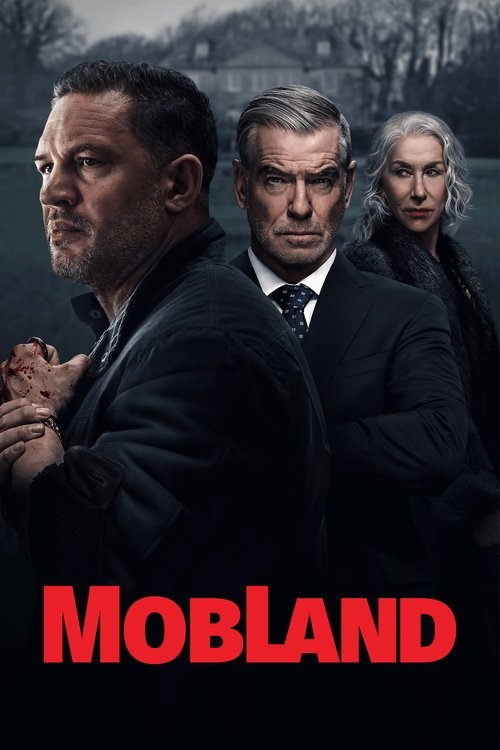
Ask Your Own Question
What is the plot?
The episode opens with the aftermath of the failed 21 July 2005 London bombings, where police are urgently pursuing suspects believed to be involved in the attacks. The Metropolitan Police Service is on high alert, coordinating a manhunt to prevent further incidents. Officers receive intelligence about potential suspects moving through the city, heightening tension and urgency among the police command and field units.
Jean Charles de Menezes, a Brazilian electrician living in London, is introduced going about his daily routine. He boards the London Underground, unaware of the escalating police operation. Meanwhile, police officers at the command center are tracking a suspect believed to be connected to the bombings. Due to a series of miscommunications and mistaken identity, Jean Charles is wrongly identified as one of the suspects.
At Stockwell station, armed officers are deployed to intercept the suspect. Jean Charles enters the station and boards a train. Officers follow him closely, preparing to act. The tension is palpable as the officers believe they are about to apprehend a dangerous terrorist. Jean Charles, unaware of the police presence behind him, behaves normally, showing no signs of suspicion or threat.
The police officers decide to stop Jean Charles on the train. They move quickly to prevent his escape, ordering him to stop. Jean Charles, confused and startled, tries to comply but is unable to fully understand the situation. The officers, fearing for public safety and under orders to neutralize the threat, shoot Jean Charles multiple times at close range inside the train carriage.
Following the shooting, emergency medical teams arrive but are unable to save Jean Charles. The police secure the scene and begin an internal investigation. The incident sparks immediate controversy and public outcry as it becomes clear that Jean Charles was innocent and not involved in any terrorist activity.
The episode concludes with the police leadership grappling with the consequences of the shooting. Senior officers, including Met Police Commissioner Sir Ian Blair and Deputy Assistant Commissioner Brian Paddick, face intense scrutiny. The Independent Police Complaints Commission initiates a formal inquiry, and the narrative sets the stage for the unfolding legal and moral reckoning that will follow in subsequent episodes.
What is the ending?
The ending of "Suspect: The Shooting of Jean Charles de Menezes," Season 1, Episode 1, depicts the immediate aftermath of the fatal shooting of Jean Charles de Menezes by the Metropolitan Police at Stockwell station. The episode closes with the police and public grappling with the consequences of the misidentification, as Jean Charles's family begins to confront the tragic loss and the Met Police faces a growing crisis.
Expanding on this, the episode's final scenes unfold with intense focus on the moments following the shooting. After Jean Charles is mistakenly identified as a terrorist suspect linked to recent bombing attempts, officers at Stockwell station take lethal action. The camera lingers on the chaos and confusion among the officers, highlighting their shock and the gravity of the error. The narrative then shifts to Jean Charles's family, particularly his relatives who are shown receiving the devastating news. Their grief is palpable, portrayed through intimate, quiet moments that contrast with the earlier tension.
Simultaneously, the Metropolitan Police leadership, including Commissioner Sir Ian Blair and other senior officers such as Deputy Assistant Commissioner Brian Paddick and Assistant Commissioner Andy Hayman, are depicted in crisis mode. They are seen grappling with the fallout, managing media scrutiny, and beginning internal investigations. The episode closes on a somber note, emphasizing the tragic human cost of the error and setting the stage for the broader institutional reckoning that will follow.
At the end of this episode:
- Jean Charles de Menezes is dead, the victim of a tragic misidentification.
- His family is left mourning and seeking answers amid confusion and misinformation.
- The Metropolitan Police leadership is plunged into crisis, forced to confront the consequences of their actions.
- Key figures such as Sir Ian Blair, Brian Paddick, and Andy Hayman are shown beginning to face the institutional and public challenges ahead.
This ending scene-by-scene narrative captures the immediate emotional and operational aftermath of the shooting, focusing on the human tragedy and the institutional turmoil it triggers.
Is there a post-credit scene?
There is no indication that the first episode of "Suspect: The Shooting of Jean Charles de Menezes" (Season 1, Episode 1, 2025) includes a post-credit scene. The available detailed recaps and reviews of Episode 1, titled "The Terror," focus on the events of July 7, 2005, the terrorist bombings, and the initial police response, but none mention any post-credit scene or additional footage after the episode ends.
The sources provide thorough descriptions of the episode's content and the series overall but do not reference any post-credit material. Therefore, it can be concluded that Episode 1 does not have a post-credit scene.
What specific role does forensic officer Cliff Todd play in Episode 1?
Forensic officer Cliff Todd is shown slowly walking through sweltering railway tunnels recovering body parts after the July 7 suicide bombings, highlighting the grim aftermath of the attacks.
How is Met Police Commissioner Sir Ian Blair portrayed in the first episode?
Sir Ian Blair is portrayed as grandstanding in public briefings and brushing aside his advisors' concerns, particularly those of Deputy Assistant Commissioner Brian Paddick, during frantic discussions at New Scotland Yard.
What details are shown about Jean Charles de Menezes' daily life in Episode 1?
Jean Charles is introduced as a gentle-mannered electrician who also works as a kitchen hand in the evenings. He reassures his mother in Brazil not to worry about his safety and is praised by his boss as the 'go-to guy,' going happily about his daily life.
What happens with the July 21 plotters at the end of Episode 1?
The episode ends with four July 21 plotters attempting to set off their backpack bombs, but when the detonators fail to work properly, they flee, sustaining only minor back wounds. A fifth plotter has cold feet and does not participate.
Which key police figures are shown discussing the response to the July 7 bombings in Episode 1?
The episode features Metropolitan Police Service Commissioner Sir Ian Blair, Deputy Assistant Commissioner Brian Paddick, and Assistant Commissioner Andy Hayman frantically discussing the police response to the July 7 bombings at New Scotland Yard.
Is this family friendly?
The TV show "Suspect: The Shooting of Jean Charles de Menezes," Season 1 Episode 1, is not family friendly. It contains severe violence and gore related to a tragic police shooting incident, which can be upsetting for children and sensitive viewers. There is no sexual content or nudity reported, but the intense depiction of a fatal shooting and its aftermath may be distressing. The show deals with serious crime, police operations, and the emotional impact of the event, making it more suitable for mature audiences.

































